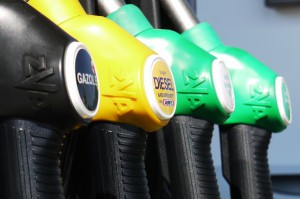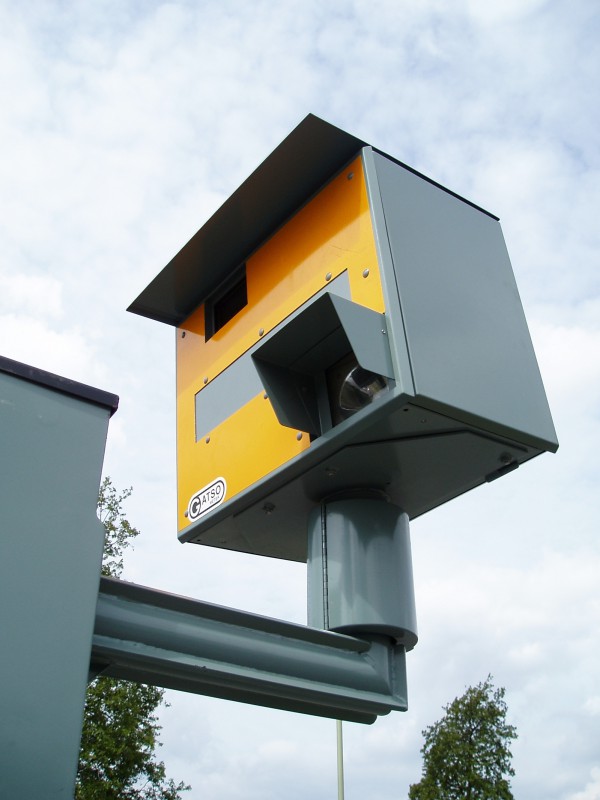Chancellor Phillip Hammond announced the updated VED rules in his Autumn Budget 2017, but what does this mean for motorists? Our handy guide will tell you everything you need to know about the updated VED rules coming into place on the 1st of April 2018.
Diesel vehicles need to conform to the latest EURO 6 Standard, the aim of this is to reduce harmful exhaust emissions. If you buy a new diesel vehicle (the rule only applies to cars, not vans) that doesn’t meet the EURO 6 standard you will go up by one TAX band for example a Range Rover Evoque SD4 with emissions of 153g/km Co2 will rise by £315 to £830.
Ownership rules that were introduced in April 2017 still apply, which means that cars are taxed based on one of the 13 Co2 bands they fall into.
The table below will show the new diesel tax bands from April 2018:
| Co2 emission (g/km) | Current first year VED rates | First year VED Rates for diesel cars bought from 1st of April 2018 not meeting Euro 6 Standards |
| 0 | £0 | N/A |
| 1-50 | £10 | £25 |
| 51-75 | £25 | £100 |
| 76-90 | £100 | £120 |
| 91-100 | £120 | £140 |
| 101-110 | £140 | £160 |
| 111-130 | £160 | £200 |
| 131-150 | £200 | £500 |
| 151-170 | £500 | £800 |
| 171-190 | £800 | £1,200 |
| 191-225 | £1,200 | £1,700 |
| 226-255 | £1,700 | £2,000 |
| Over 255 | £2,000 | TBA |
Cars that are worth more than £40k pay a £310 supplement for five years.
If you want to avoid the extra VED charges that come in place on 1st of April 2018, order your new vehicle today. Alternatively why not go for a Plugin or Hybrid vehicle?




